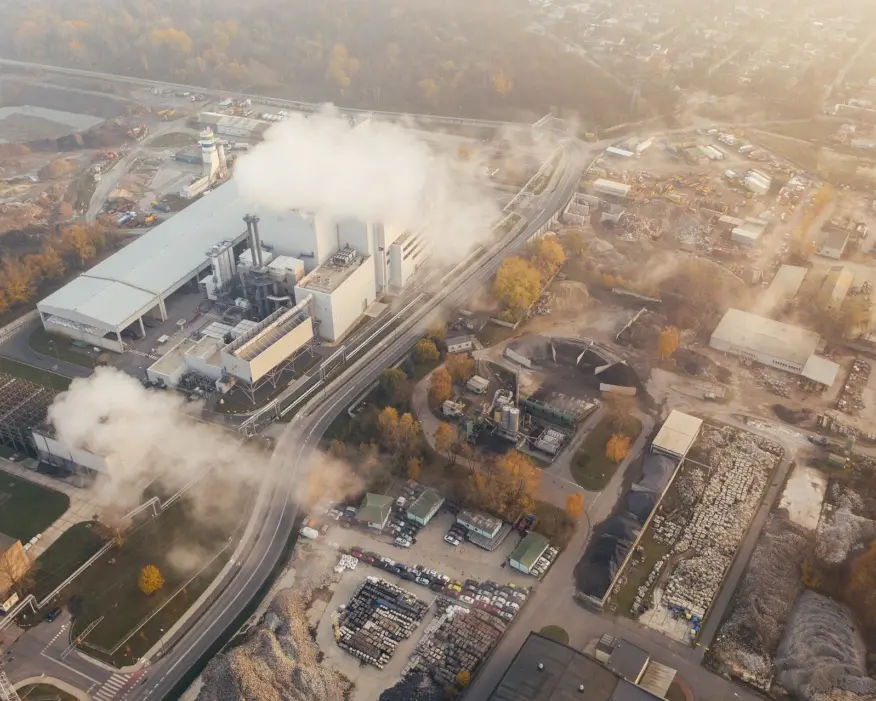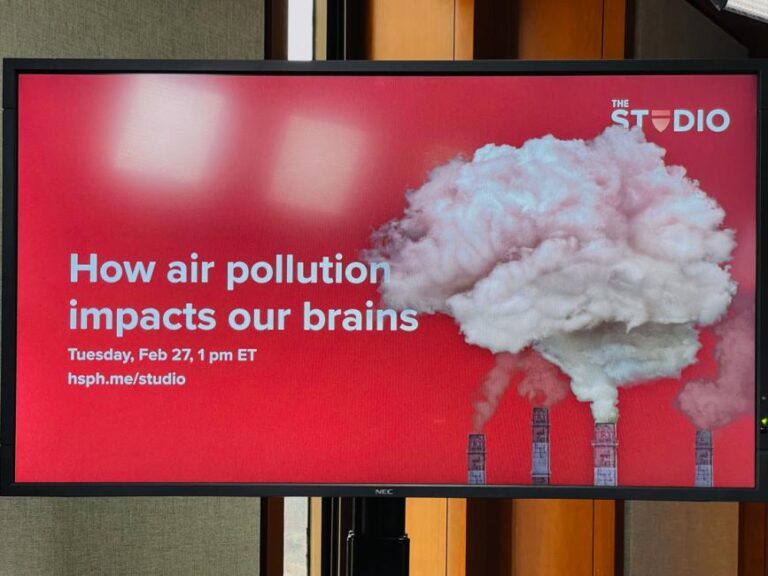Health Impacts of Fossil Fuels
Burning fossil fuels is the primary driver of climate change. The use of fossil fuels also pollutes the air and water—damaging human health and disproportionately harming vulnerable communities. Focusing on addressing the wider harmful impacts of fossil fuels, not just greenhouse gas emissions, enables Harvard to drive progress across climate, equity, and health.
Climate Change Task Force Analyzes Damages
In 2017, a Climate Change Task Force composed of a multidisciplinary group of Harvard faculty experts, senior administrators, and students set out to help the University envision a new set of climate commitments to define its work on campus over the next several decades.
Researching Health Impacts of Fossil Fuels
C-CHANGE, the Center for Climate, Health, and Global Environment at the Harvard T.H. Chan School of Public Health, makes climate change personal by connecting it to health and highlighting how climate solutions can provide for a healthier and more just world today and a livable future for our children.
New methodology reveals health, climate impacts of reducing buildings’ energy use
Researchers from Harvard T.H. Chan School of Public Health, Boston University, and Oregon State University have developed a new method for calculating the health and climate impacts of energy savings.

Health Harms of Fossil Fuel Pollution
Tracking climate change impact on human health
Each year, the C-CHANGE team at HSPH contributes to the Lancet Countdown on Health and Climate Change to track the impacts of climate change on human health across 44 indicators around the world. Their research analyzes the health impacts of burning fossil fuels.

How Air Pollution Affects Our Brains
At Harvard, an expert panel discussed how air pollution affects dementia, learning, mental health and mood.

Finding new solutions
- MethaneSAT launched in 2024 after seven years of development and collaboration between the Harvard SEAS, Harvard-Smithsonian Center for Astrophysics, the Environmental Defense Fund and other partners.
- MethaneSAT will be capable of spotting methane emissions from space. Methane is a major component of natural gas as well as fossil fuel systems and is considered to be the second-most-important GHG that’s affected by human beings.

